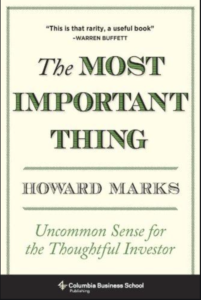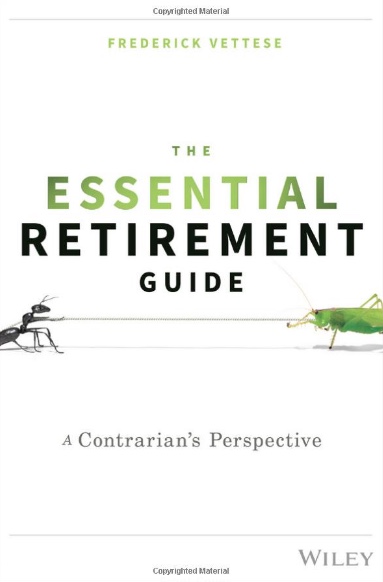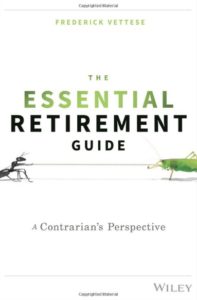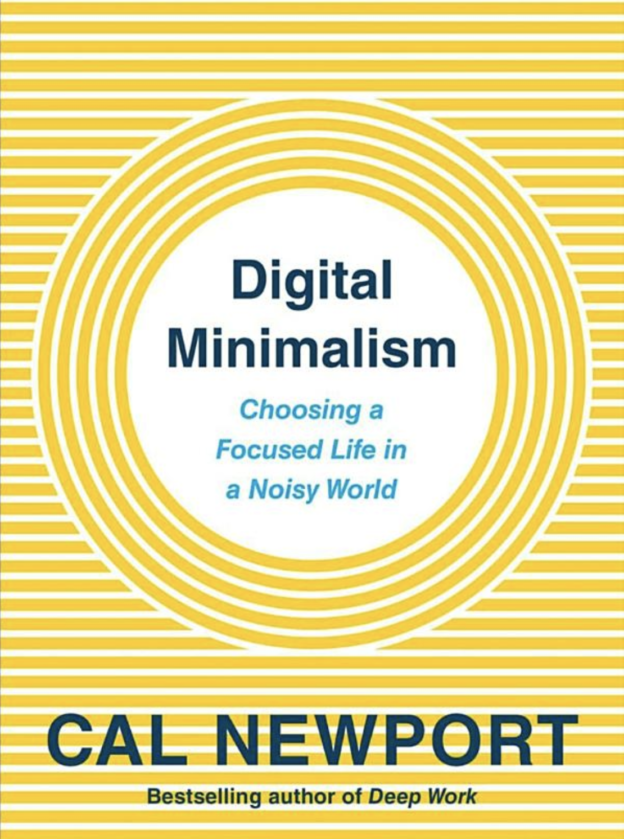The author, Howard Marks, is known in the investment community for his “Oaktree memos” to clients which detail investment strategies and insight into the economy.
Quotes From The Most Important Thing:
- What distinguish successful investors from normal ones is how they behave in circumstances to which their style is not mostly well-matched.
- Avert mistakes that are usually led by other investors’ lack of caution, laborious effort, and the stock’s swift pendulum move.
- Top investors sometimes misjudge things; however, they do right most of the time.
- People often think they could predict the future, assuming the world can be modeled by merely using sequential steps. Fewer people know what lies ahead, but we could know where we are by observing the people around us. Therefore, devoting your time to learn things others don’t.
- When speaking to risk management, we avoid doing the wrong things rather than doing the right things.
- The well-known quote “Don’t put all your eggs in the same basket” does not imply that holding different elements are better. Diversification works only if they react differently to a given circumstance.
- It takes time to prove your decision are right.
- Resisting excessive profits is an imperative attribute for a lot of successful investors.
- Critical thinking must overcome emotional feelings.
- Something about contrarianism: Contrarianism can help prevent risks, but it doesn’t make a profit all of the time. Standing against the crowds is not enough. You must figure out why the crowd is mistaken based on reasons and make a profit from the mistakes the crowd is making.
- It can be dangerous to use leverage to buy more assets that provide low returns and narrow risk spreads.




